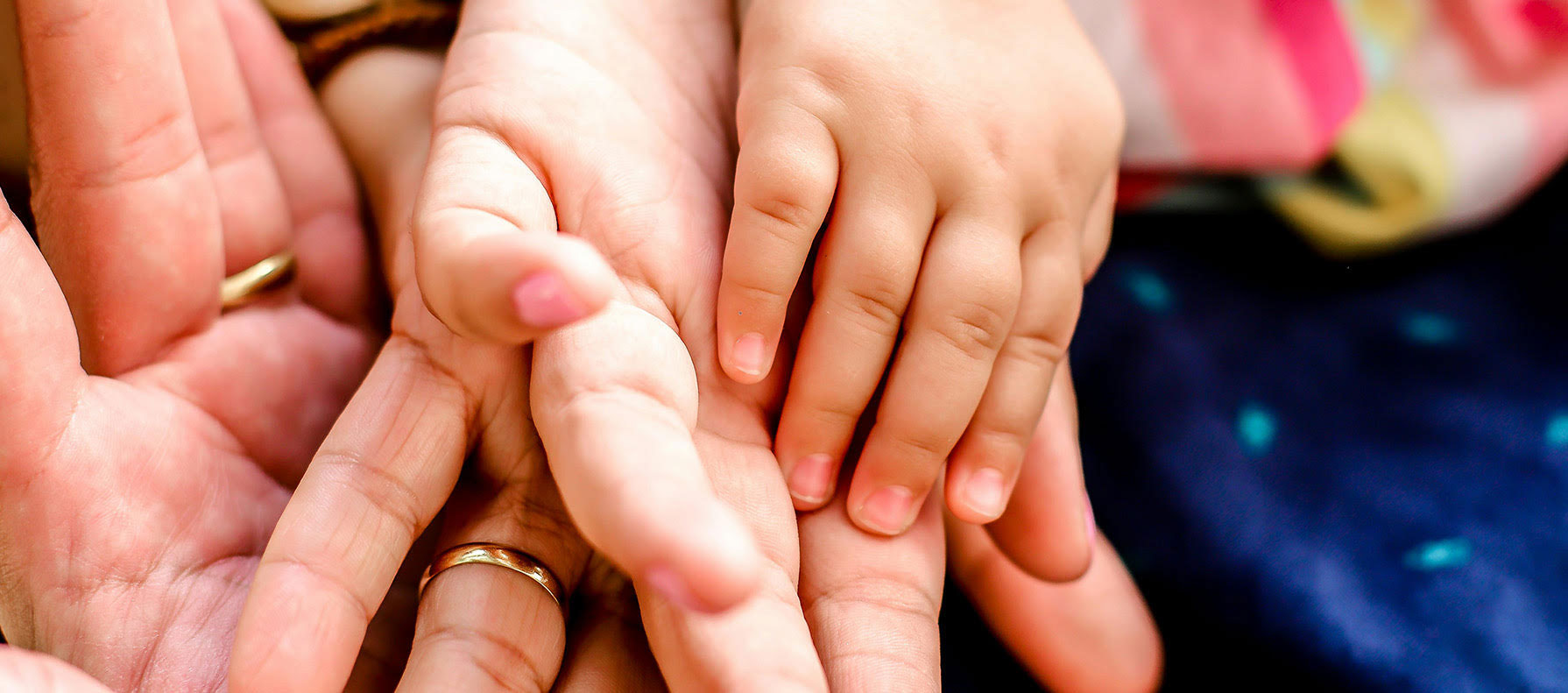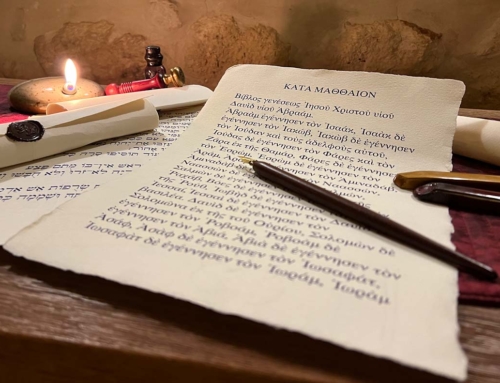Today, there is much talk about the family, both in relevance and irrelevance. It seems that there is a prevailing confusion that generates forward pushes to seek solutions to current issues and nostalgic pushes to restrain any possible doctrinal derailment.
Some seek creativity, while others seek security. And so, it seems that a polarization is triggered between immutable truth and creative fidelity.
It is undeniable that there is a certain impression of confusion, but this is part of the changing times, on which we all agree. In reality, it is a happy moment to deepen the gift of family, to understand it, and to live it in a fuller and more real way.
Thus, if from the past we have inherited the clarity of doctrinal truth about the family, from the present time, we acquire a greater attention to the human dimension of love with a biblical and anthropological anchorage, which helps us to experience the joy of love in the family.
In this journey, the apostolic exhortation Amoris Laetitia of 2016 helps us. It, as the heir of past magisterial pronouncements, it accompanies us to discover the pleasure of living the gift of love, of being a family according to God’s plan.
In this furrow, we, Koinonia John The Baptist, are also there with our testimony.
And our testimony is very simple: to live the beauty of being a family, where Jesus is present alive with His grace.
Echoing Amoris Laetitia, the Bible does not present an exclusive model of family, but rather describes concrete couples and families who live their love amid joys and sorrows, hopes and divisions, grace, and sin. These are families that resemble ours, where not everything is perfect, but where nevertheless the presence of God is found, who with His mercy manifests Himself and guides towards charity, that of becoming capable of giving life, of walking together always and in any case, that of knowing how to start loving again despite wounds and falls. The family thus becomes God’s house, a source of blessing not because everything is flawless, but because the presence of God is recognized and welcomed, uniting lives in one flesh, in one hearth.
Then the family, thus humanly and divinely understood, becomes a true laboratory of fidelity to God’s gift, a place of healing where hope conquers any possible breakage and discouragement. The family becomes the place where one can always restart loving, and spouses become skilled artisans who, with their lives, their efforts, their sacrifices, manage to weave bonds of appreciation, donation, and fidelity. It is a love that remains always weak and strong, which must be cared for, which can become ill, but above all, it remains a love that heals and is continuously fruitful at every age.
The present time offers us a disenchanted view of the family, but not at all superficial; it is the vision of a love received from God as a gift for which it is worth living to the fullest. It is the time of concrete love, of the testimony of real couples and families that recognize God’s gift, who know how to guard it with prayer and conversion to mutual tenderness, of a testimony that becomes a voice of hope and a sign of God who has not abandoned this world, but is still present where people love each other.
Starting from real and concrete families, supporting and accompanying them, to feel God nearby, to live hope: this is what the world expects today from the Koinonia.
Fr. Alvaro Grammatica








